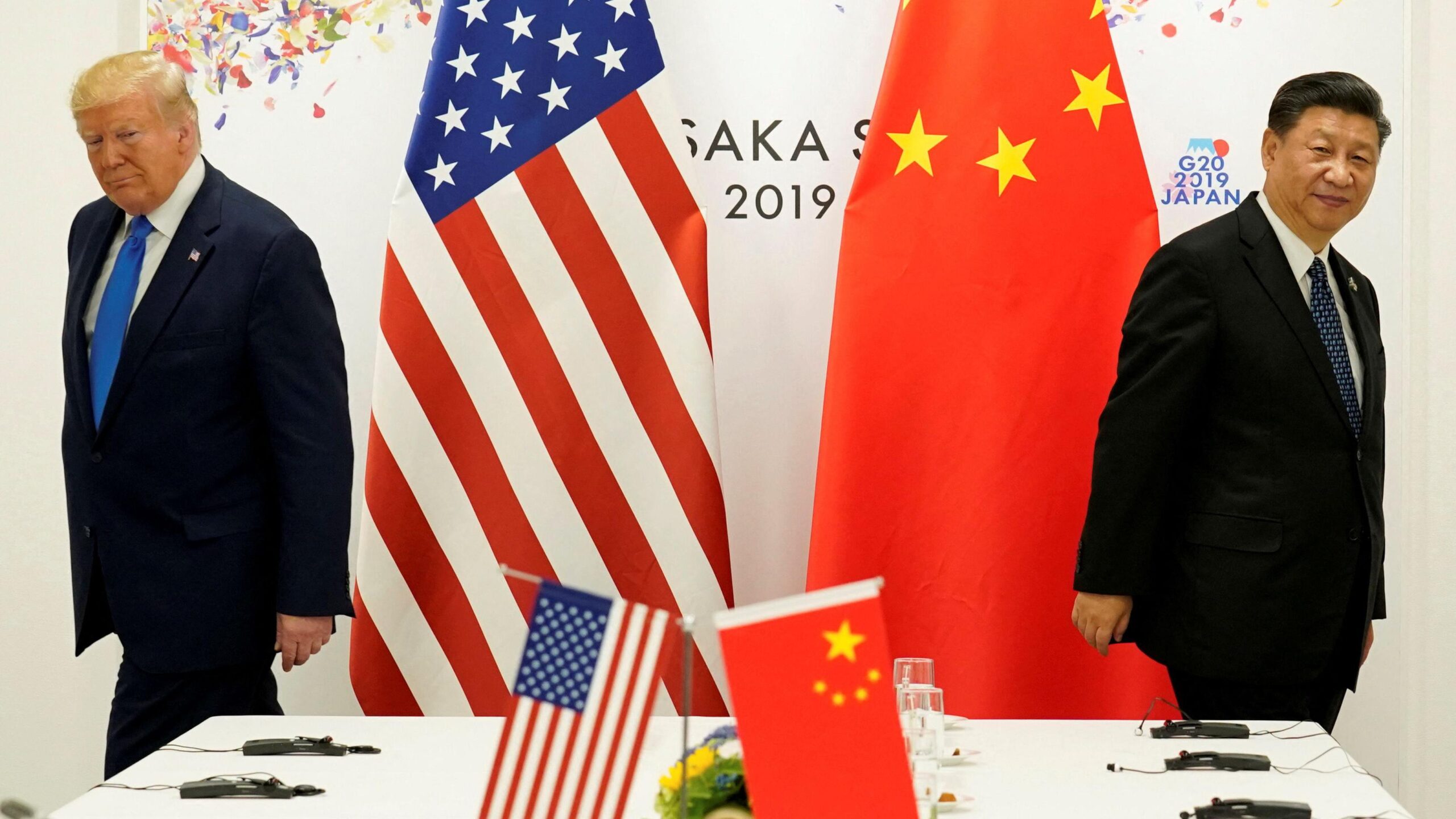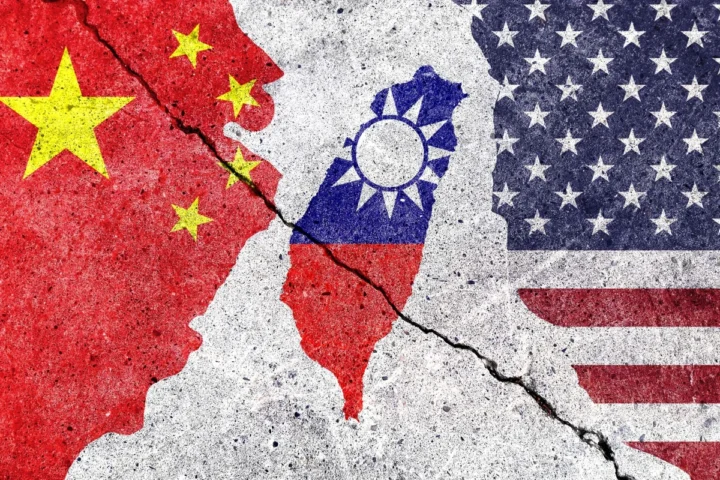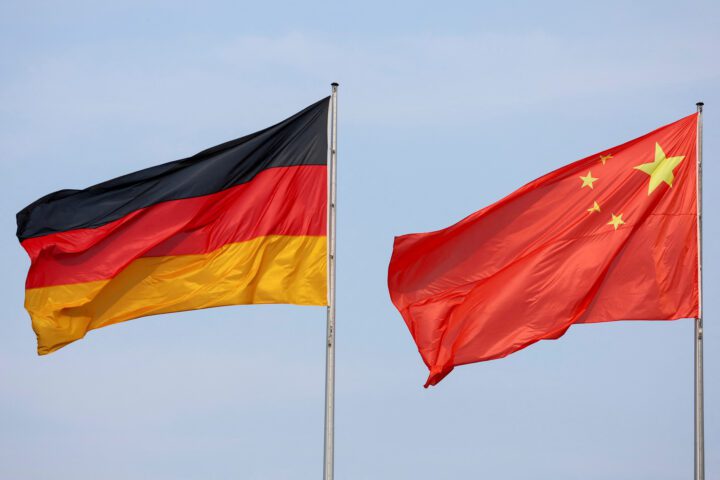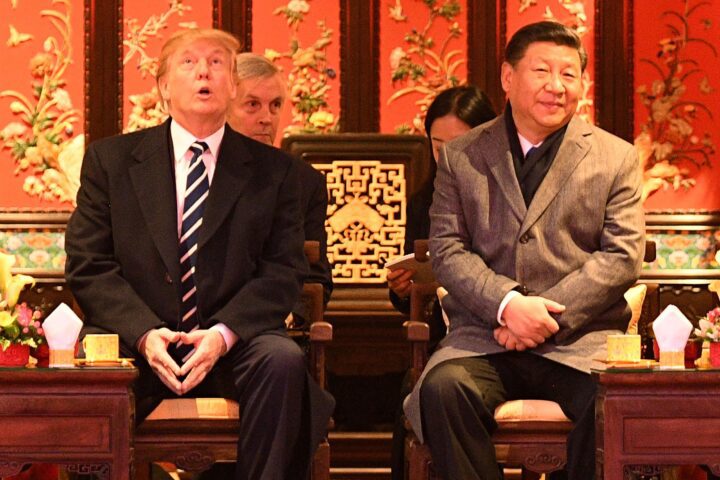As the global economy remains in flux due to the ongoing ramifications of the COVID-19 pandemic, the policies of President Donald Trump have the potential to not only reshape the US economy but also influence the trajectory of global markets. In particular, China, which has been showing signs of economic recovery, could see its narrative significantly altered by the Trump administration’s strategies.
Trump’s economic strategy has always been decidedly unconventional, focusing on a protectionist approach aimed at safeguarding American industries from foreign competition. This strategy has been characterized by escalating trade wars, particularly with China, which has led to an unpredictable business environment and has been a source of consternation for many US firms.
While this approach has been criticized for its potential to disrupt global trade norms, it’s worth considering the potential impact on the US economy. Trump’s aggressive tariff policies could indeed force American businesses to adapt and innovate, potentially leading to long-term benefits. However, in the short term, these same policies can lead to increased costs for businesses and consumers, economic uncertainty, and potential job losses.
At the same time, the potential impact of Trump’s economic strategy on China cannot be ignored. The Asian nation has been slowly recovering from the economic impact of the COVID-19 pandemic, thanks in large part to its effective containment measures and government stimulus.
However, the Trump-led trade war continues to cast a shadow on this recovery. The tariffs imposed by the US have forced Chinese companies to look for alternative markets, causing a shift in global supply chains. This has brought about a new set of challenges for China, including heightened competition in other markets and potential loss of investment and jobs.
In the global context, Trump’s economic strategy could significantly alter the dynamics of international trade. The shift from multilateral trade agreements to bilateral ones, as championed by Trump, could lead to a more fragmented global economy. This could potentially hamper global economic recovery, as countries may find themselves in a zero-sum game of trade wars.
The Trump administration’s economic strategy could indeed upend the US economy and influence the recovery of China and the rest of the world. While the long-term impact of these policies remains to be seen, it’s clear that they bring about a new set of challenges and uncertainties for businesses and governments alike.
Whether these strategies will lead to a stronger US economy in the long run is a matter of debate. However, what is certain is that their impact will be felt far beyond the borders of the US, with China and the rest of the world having to adapt to this new economic landscape.
As we navigate these uncertain times, it becomes crucial for businesses and governments to stay informed and agile, ready to adapt to the changing global economic dynamics.







